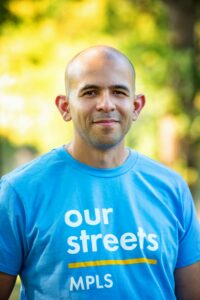 Today we’d like to introduce you to Jose Antonio Zayas.
Today we’d like to introduce you to Jose Antonio Zayas.
Hi Jose, we’d love for you to start by introducing yourself.
My story started in Puerto Rico. I was born and raised in Mayagüez, on the west coast of Puerto Rico. I grew up enjoying the beach, playing sports, and traveling around the island to visit family and the sights and food of Puerto Rico. When we moved to the mainland United States, we moved to Columbia, Missouri, a college town in Central Missouri. It was a shock, and I took to putting a lot of my energy into cross-country running and saxophone.
Through music, I received lessons from my mentor—John Patterson—who encouraged me to pursue it professionally. His suggestion took me by surprise because I had only been studying saxophone with him for a year. It changed my whole life. Now that I’ve received my first Grammy nomination, I realize it was because of the people who encouraged and supported me, starting with him. John is still a dear and fierce friend and someone I still look to for guidance and life lessons.
I went to graduate school, took a few jobs in academia, and worked with some extraordinary and talented students, many of whom have gone through graduate school themselves and now teach in academia. One of my former students was also nominated for a Grammy last year as well!
In 2017, everything changed. Puerto Rico was struck by two hurricanes, Irma and María. I decided to start focusing my music work on helping raise awareness about Puerto Rico. We worked with the D.C.-based Friends of Puerto Rico to fundraise and give concerts by Puerto Rican composers, work that continues today. Last year, we premiered El País Invisible by Miguel Zenón, and next year we plan to premier Pedacito de Tierra by Angelica Negrón here in the Twin Cities. Music focused on Puerto Rico’s relationship to the United States empire and social issues continues to be the path of my music career. My first album, for example, was titled Centennial, highlighting the century after the women’s suffrage movement started in the United States. The disparity experienced between white women and women of color in achieving voting rights was almost a half-century apart from one another, and the fact remains that many of the same issues experienced by women of color in North American society still pervade today.
Those last six years in music focusing on social issues got me thinking about organizing work. I spent most of 2019 through 2021 working for political campaigns and learning about community engagement, policy, and organizing strategies. This led to a chance meeting with Alex Burns, who I consider the most talented and dedicated freeway fighter in the country. He encouraged me to apply at Our Streets Minneapolis. After two years as the Advocacy Director, I’m excited to be starting as the Executive Director.
We all face challenges, but looking back would you describe it as a relatively smooth road?
No. Personally, the main challenge has been fitting into a different culture. I talk about this a lot now with the staff. Latin American people are “we” people, and leadership is shared through trust earned over time.
In the United States, hyper-individualism and hierarchy are encouraged, so it’s taken me a long time to find a group of people that love to work in an idea and outcome-centric environment, with a deep commitment to growth and high psychological leadership. Leading the 2023 staff and board at Our Streets Minneapolis isn’t just about the amazing work we are doing; it’s also personally meaningful and fulfilling because everyone who is with us now has embraced my style of leadership and accepted the cultural nuances that I bring to my work.
Part of being passionate about work and looking for meaningful opportunities to work with integrity has meant that I’ve had to navigate a spectrum from positive to “bumpy” experiences that have left me feeling unfulfilled. I firmly believe that advocacy success has nothing to do with pedigree, education, or wealth. It’s about the quality of your courage and your actions as they relate to the people that you are committing to successfully serve and holding yourself to that standard of completion. Working with me, you must care and be willing to put that care into your work. The rest [advocacy, organizing, policy, community engagement] can be learned or taught.
Not lofty at all, right? It has been a journey searching for a workplace and team that are up to the task of working at that level. Minnesota’s nonprofit sector and political arena are disproportionately white-led and filled with individuals and organizations who are out of touch with the realities poor and working people face. They often profit and benefit from the problem or are looking for access to power and are not necessarily interested in solutions or outcome-oriented work.
I’ve accepted the journey and stayed motivated to find that meaningful work environment, which makes this year and this appointment all the more meaningful. Our Streets Minneapolis stands apart in its commitment to doing selfless work, driven by the integrity necessary to put marginalized communities first, and motivated to amplify the unique voices that have been historically left out.
This means that we must be willing to stand in difficult spaces, make power and people in power uncomfortable, find strength in flexibility, continuously reinvent ourselves to improve, and always make space for criticism. That is one of my favorite parts about working at Our Streets; there is no ego driving the organization. We are here to share our expertise as a resource for community improvement, and the communities we reach out to are the ones providing the experiences that shape our work.
Thanks – so what else should our readers know about your work and what you’re currently focused on?
Running and outdoor activities. Playing Saxophone and developing music projects. Cooking and serving family dinners for loved ones. Sharing with and supporting my team and loved ones. I love staying focused on the things that interest me and investing time and energy to develop those interests. I get a lot of joy from maintaining a balanced lifestyle between the things and people I love and making a lot of space for new people to come into my life.
Often I tell my coworkers or others I meet through work that the key to successful advocacy and organizing is learning to love someone you don’t know. To be able to meet a stranger at their door and be vulnerable in front of them so they know and feel that you are truly intent on doing your best so that their material life may improve.
So I spend a lot of time cultivating my interests and relationships and try to stay in the habit of “putting myself out there,” so to speak, to make sure that I’m always healthy and equipped to connect with people who have been deeply and negatively impacted by the decision we are trying to help repair.
Contact Info:
- Website: https://www.ourstreetsmpls.org/donate
- Instagram: @ourstreetsmpls
- Facebook: @ourstreetsmpls
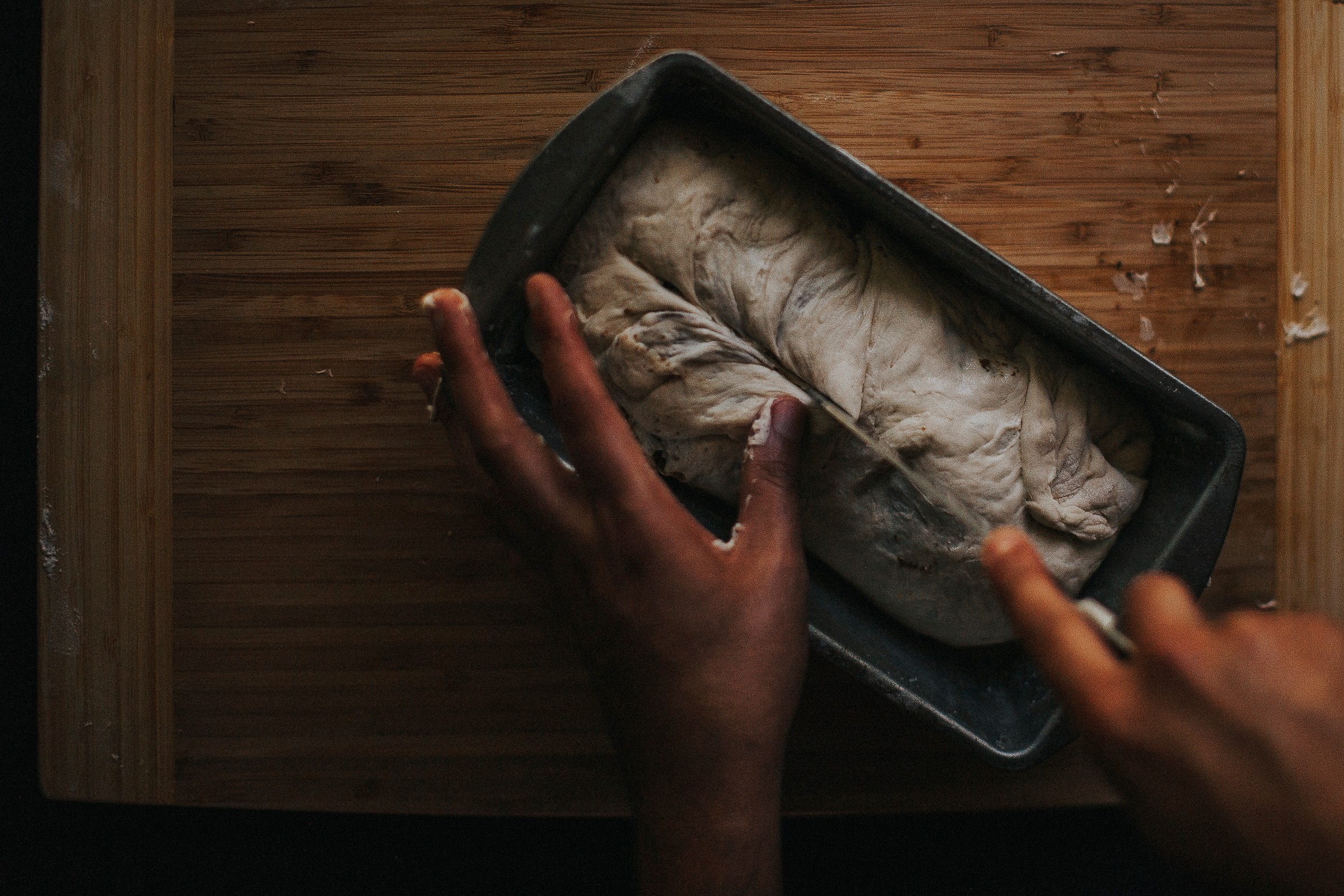
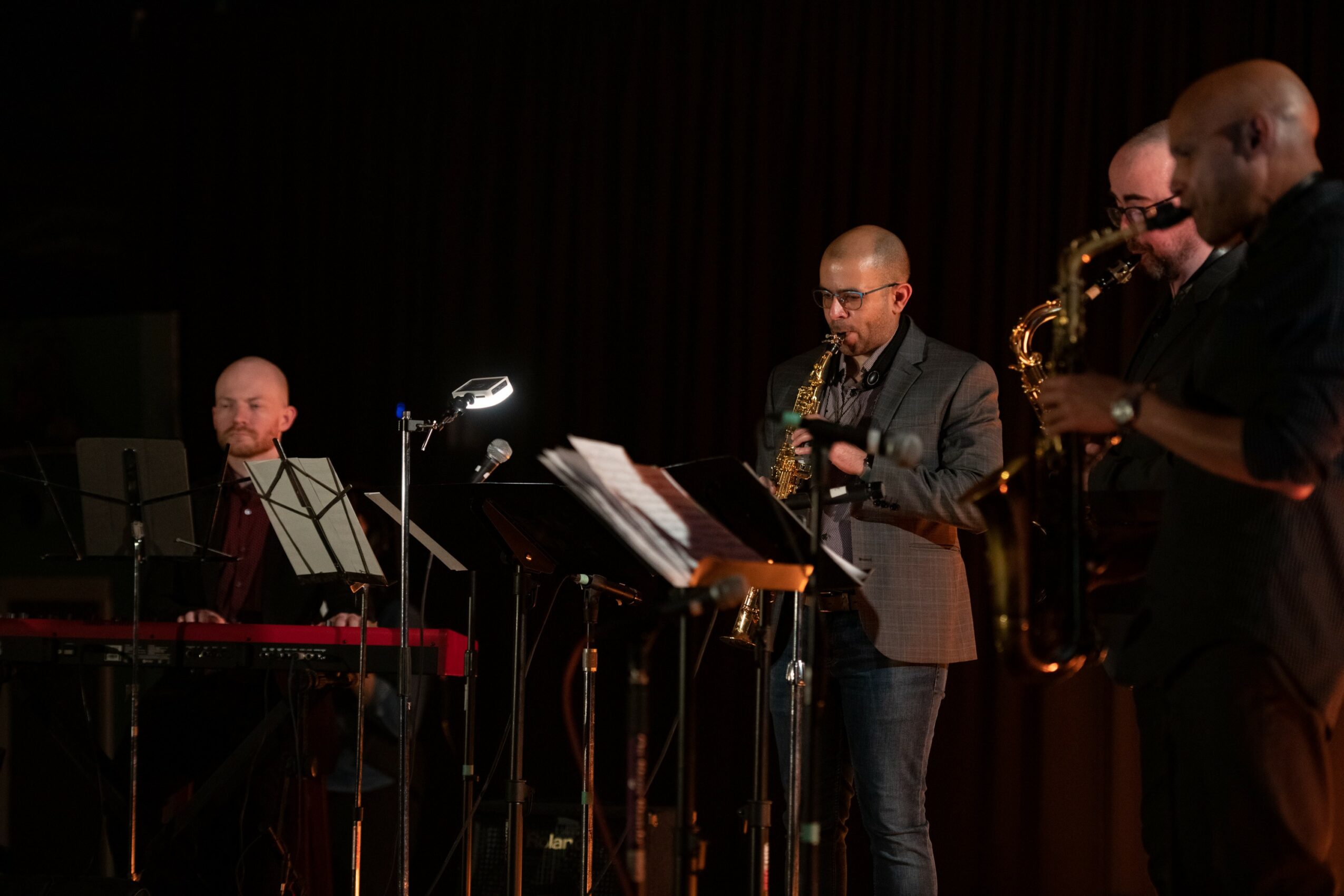
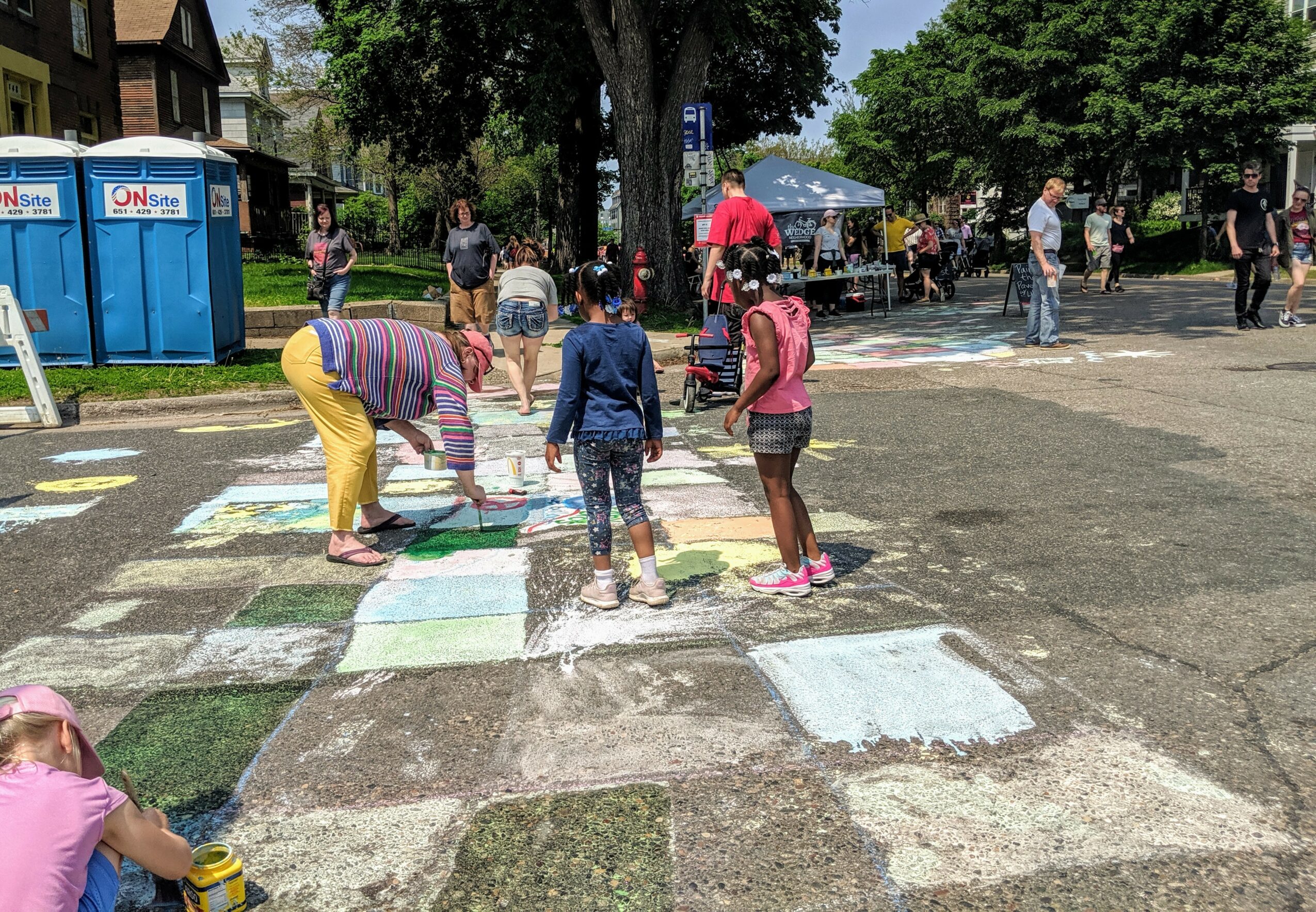
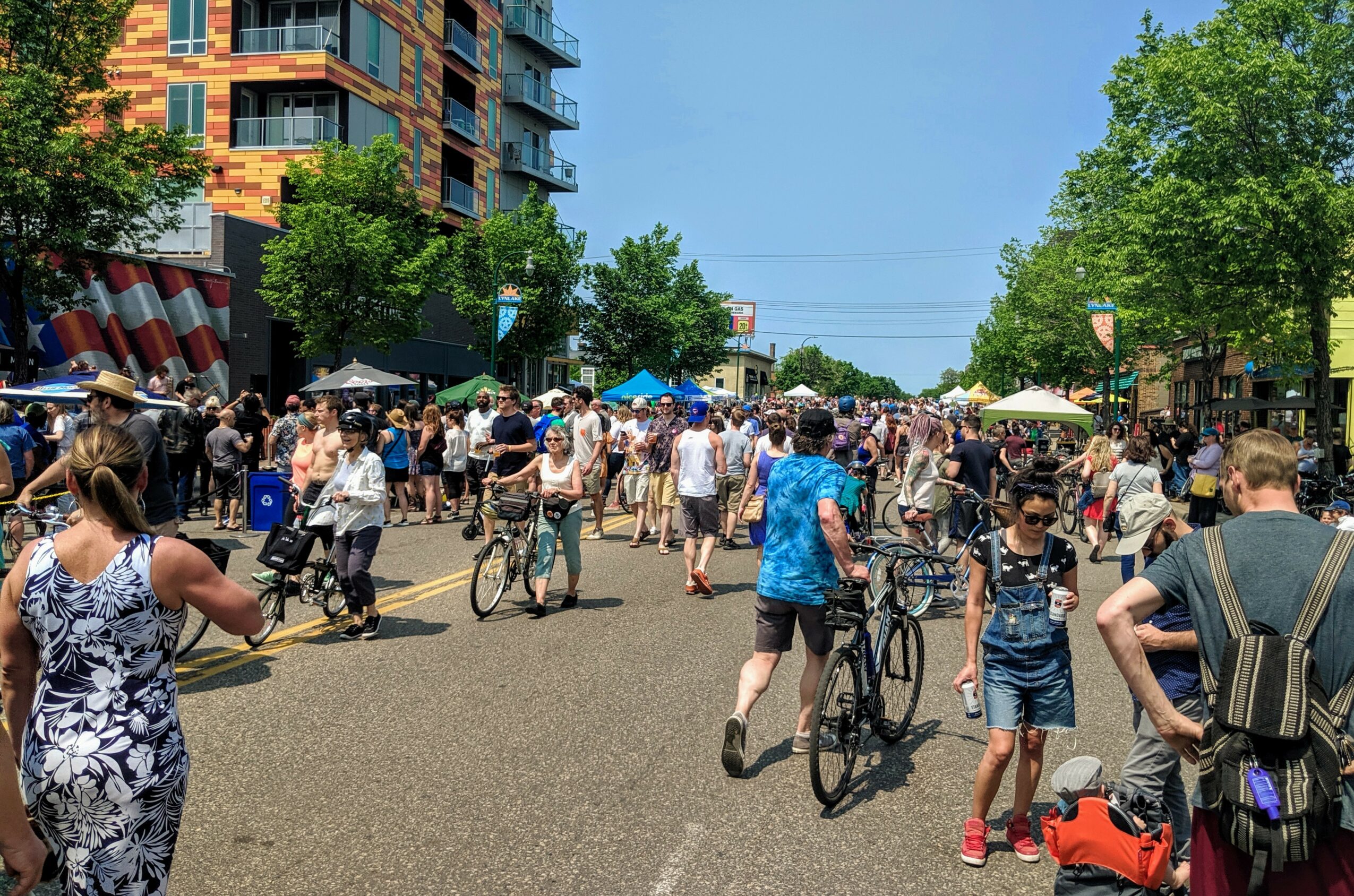
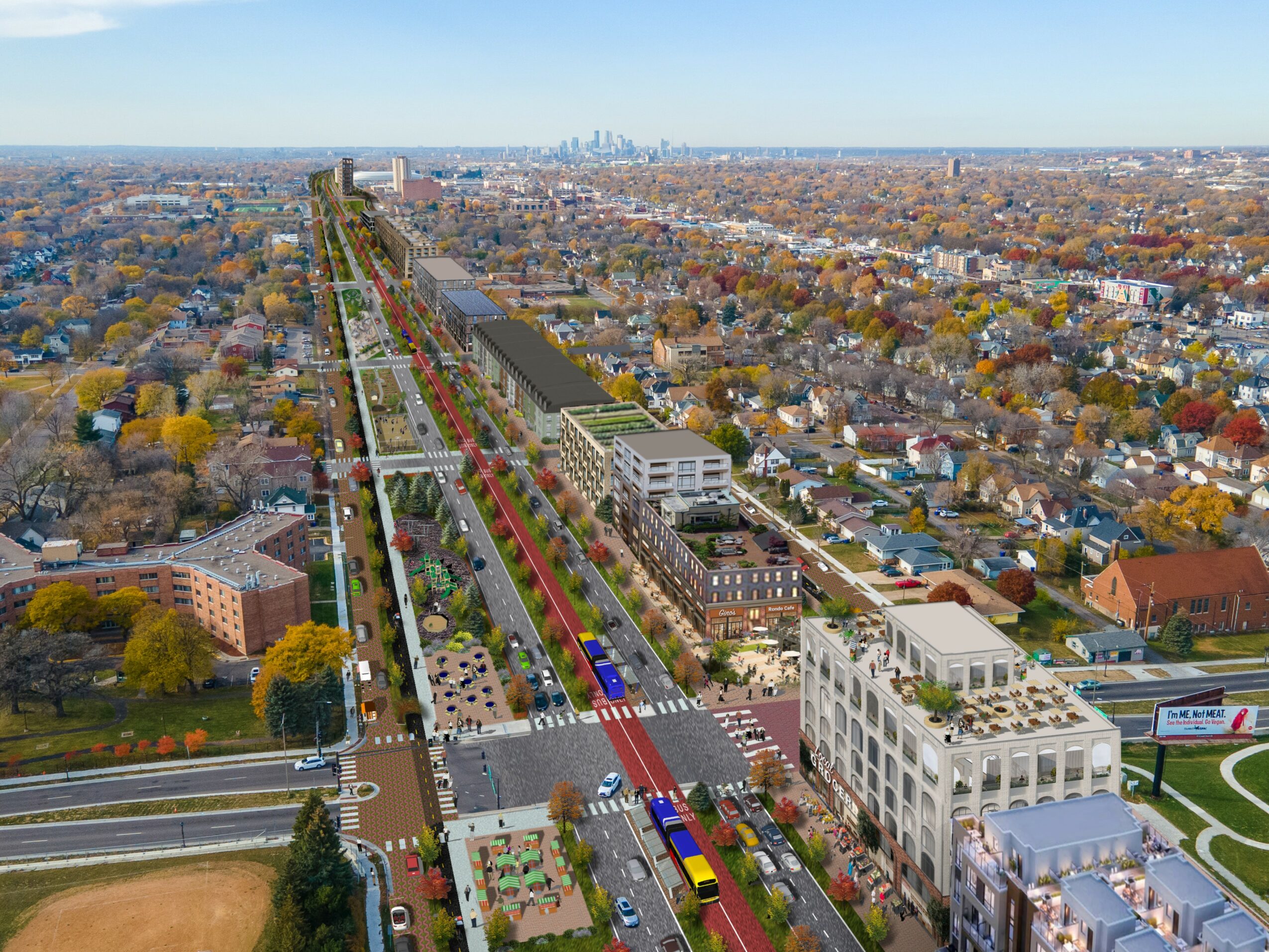 Image Credits
Image Credits
Herminio Rodriguez, Peter Yankowsky, and Paul Jahn











